The Pradhan Mantri Awas Yojana (PMAY) is a key government program focused on providing affordable housing for everyone. However, finding information about the projects under this scheme can often be tricky for the common public. In this article, we’ll explain how you can easily use the Right to Information (RTI) Act to get details about PMAY projects. With the support of RTIwala, this process becomes even smoother and more straightforward, helping you access the information you need without any hassle.
If you face delays, rejections, or difficulties in accessing information about your Pradhan Mantri Awas Yojana (PMAY) application, beneficiary status, or fund disbursement, the RTIwala Team is here to help! Visit RTIwala.com or call +91-7999-50-6996 for expert assistance in ensuring transparency.
Table of Contents
- Background of Pradhan Mantri Awas Yojana (PMAY)
- What is RTI and Why Use It?
- How to Obtain PMAY Project Information through RTI
- Following Up and Appealing Your RTI Application
- Using the Information Obtained via RTI
- Conclusion
- Frequently Asked Questions (FAQs)
Background of Pradhan Mantri Awas Yojana (PMAY)
Launched in 2015, the Pradhan Mantri Awas Yojana (PMAY) aims to provide housing for all by 2022. The scheme primarily targets the Economically Weaker Sections (EWS), Low-Income Groups (LIG), and Middle-Income Groups (MIG) by offering homes at affordable rates. However, obtaining detailed information about these projects isn’t always easy. In such cases, Online RTI serves as a powerful tool for citizens to access relevant data effortlessly.
What is Online RTI and Why Use It?
The Right to Information (RTI) Act, enacted in 2005, is a legal right that empowers Indian citizens to request information from government departments. The purpose of Online RTI is to promote transparency and accountability in government functioning. When it comes to schemes like PMAY, Online RTI can be an efficient method to access project details, ensuring that citizens can monitor the implementation and quality of these housing projects.
How to Obtain PMAY Project Information through Online RTI
What Information Can Be Requested in an Online RTI Application?
Through RTI, you can request various types of information related to PMAY projects, such as:
- Progress reports of the project
- List of beneficiaries
- Details of subsidies and financial assistance
- Quality of construction materials used
- Reasons for project delays
How to File an Online RTI Application?
The process to file an Online RTI application is simple:
- Prepare Your RTI Application: Clearly mention the specific information you are seeking in your RTI application.
- Choose the Relevant Department: Identify and address your application to the Urban Development Department or Housing Board relevant to the PMAY project.
- Submit the Application Fee: The standard fee for an RTI application is a nominal fee which can be paid via cash, demand draft, or postal order.
- Submit Your Application: Submit your RTI application to the Public Information Officer (PIO) of the concerned department. You can do this in person, by post, or online.
Following Up and Appealing Your Online RTI Application
The concerned department is required to respond to your RTI application within 30 days. If you do not receive a satisfactory response, you can file an appeal with the First Appellate Authority (FAA). If the issue remains unresolved, you have the option to file a second appeal with the Central Information Commission (CIC).
Using the Information Obtained via Online RTI
The information you obtain through RTI can be used in several ways:
- Ensuring transparency in government schemes
- Monitoring the progress and quality of the project
- Filing complaints in case of any irregularities or corruption
Conclusion
RTI is a powerful tool that allows citizens to access important details about schemes like PMAY. By using RTI, not only can you protect your rights, but you can also ensure greater transparency and accountability in society.
Frequently Asked Questions (FAQs)
Q1: Can financial details of PMAY projects be obtained through RTI?
A1: Yes, you can request financial details such as subsidies, expenditures, and other financial information related to PMAY projects through an RTI application.
Q2: How should an RTI application be written?
A2: An RTI application is a simple letter where you clearly state your personal details and the information you are seeking. You can also file it online.
Q3: Can information obtained through RTI be used in court?
A3: Yes, the information obtained through RTI can be used as evidence in legal proceedings.
Q4: What should I do if I don’t receive a response within 30 days?
A4: If you do not receive a response within 30 days, you can file an appeal with the First Appellate Authority.
Q5: What documents are needed to file an RTI?
A5: To file an RTI, you only need a simple application form , Additional documents may be required only if you are seeking specific or sensitive information.














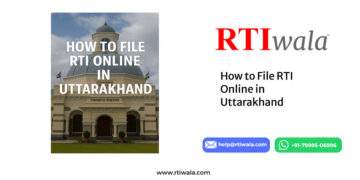





























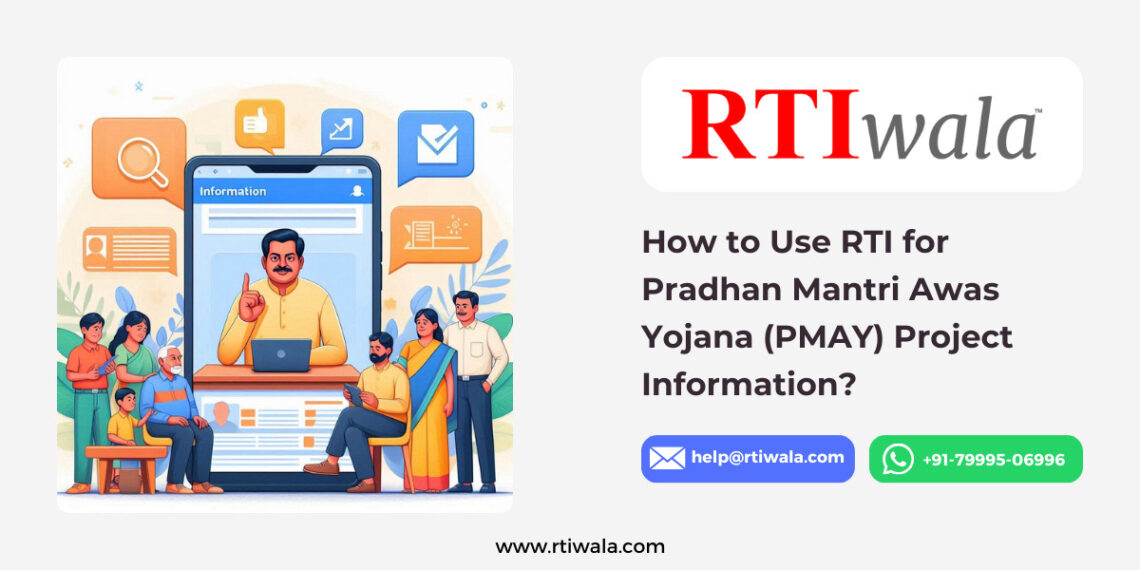
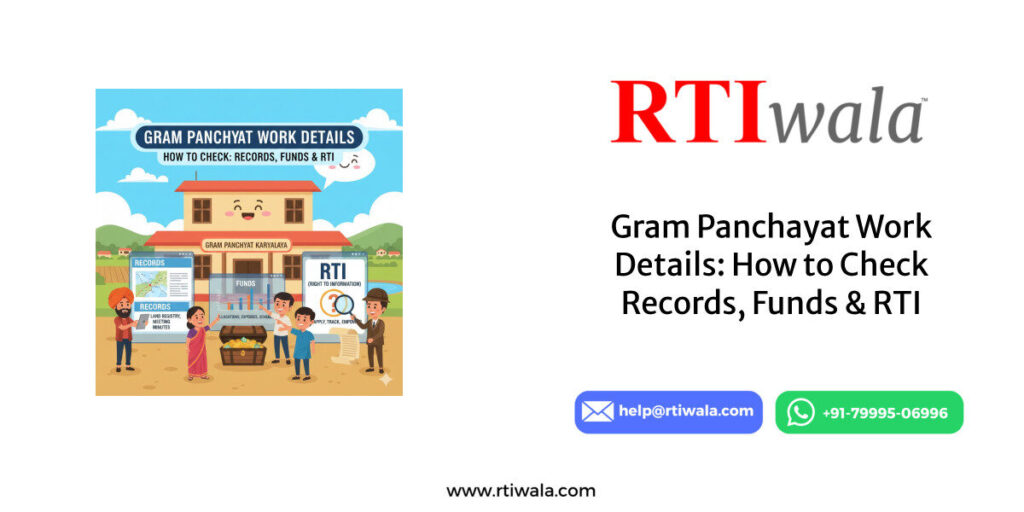
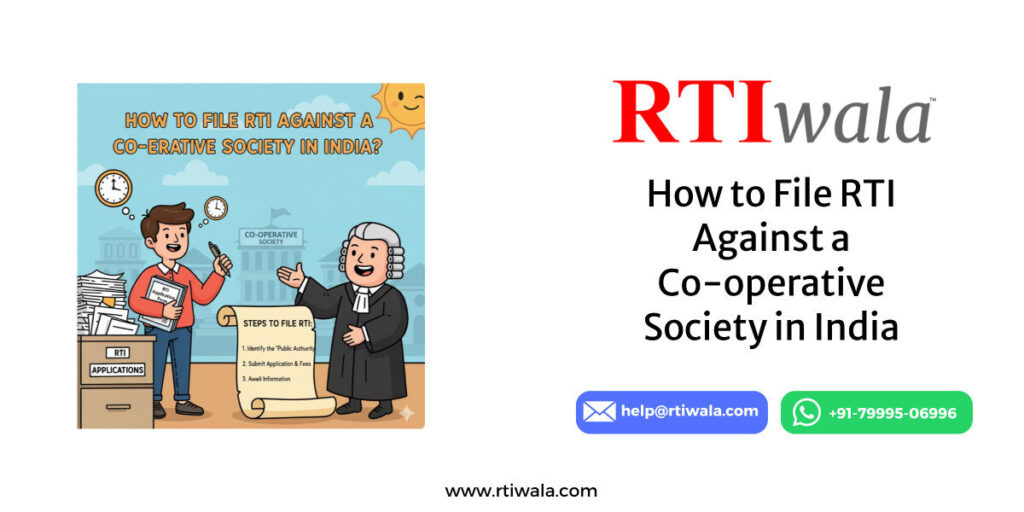
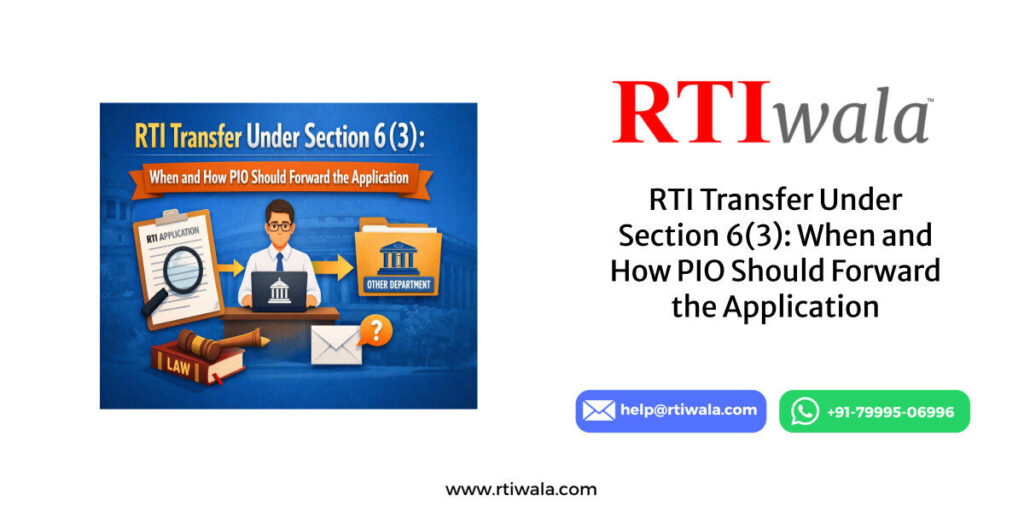
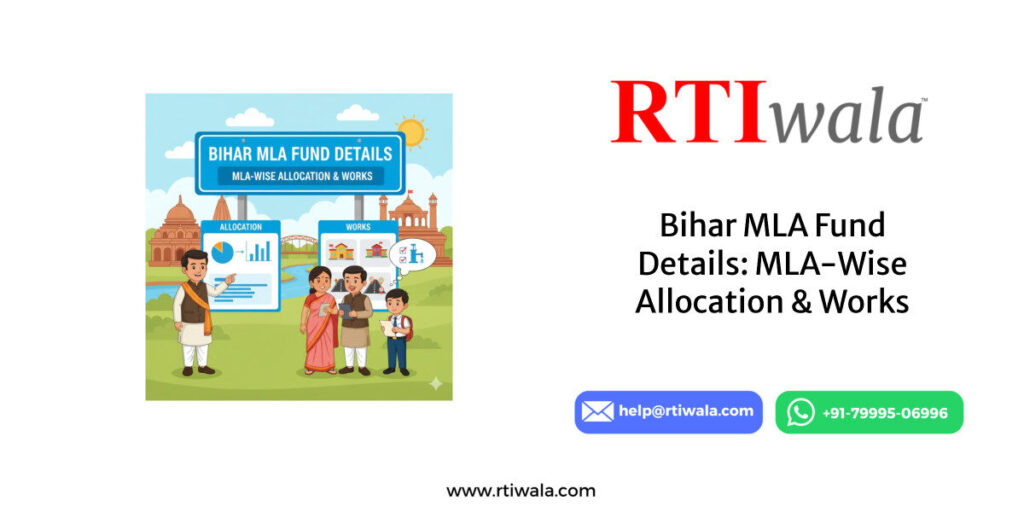
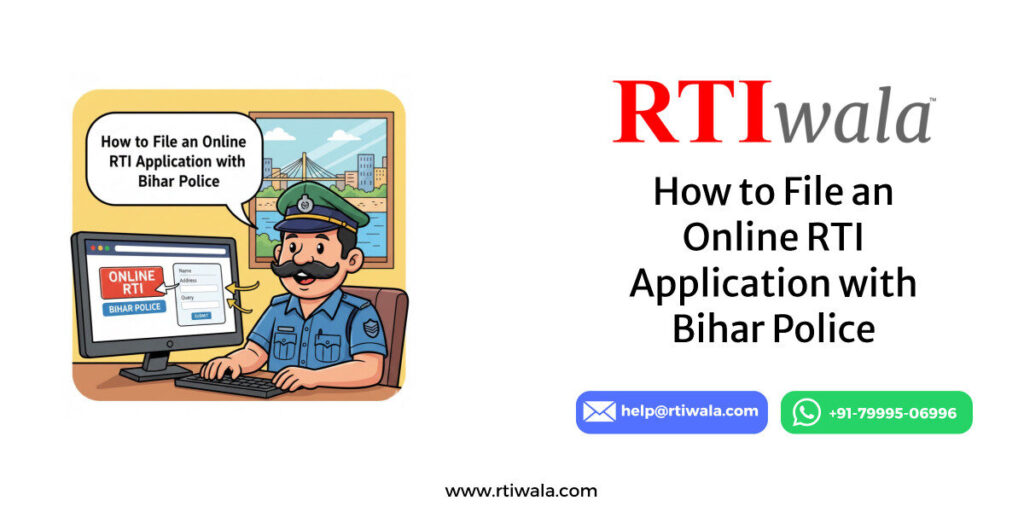
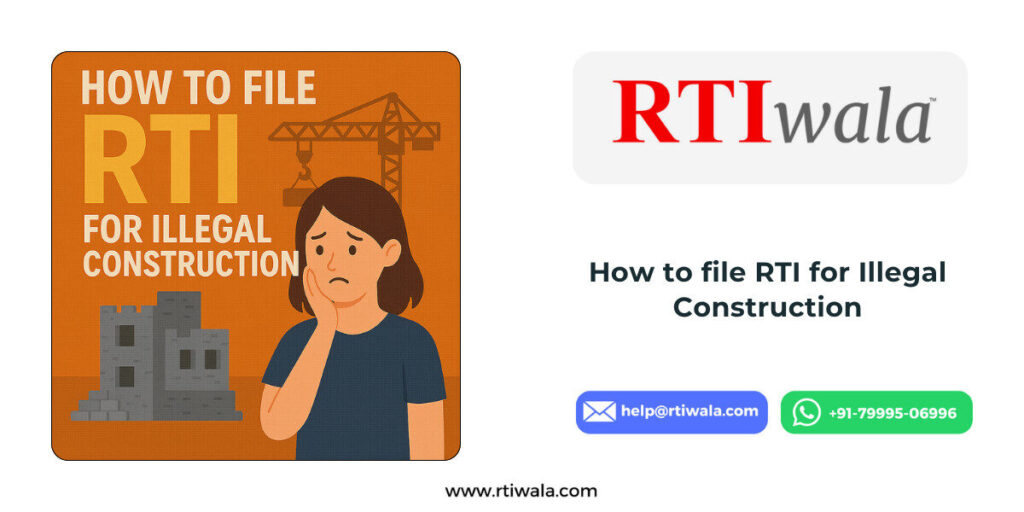


প্রধান মন্ত্রী আবাস যোজনা Rti করতে আমাকে হেল্প করবেন
প্রণব মাহাতো
মালদা, পশ্চিম বঙ্গ
ফোন নম্বর 8967672873
Dear Pronab Mahato Ji,
Thank you for your comment. RTIwala can assist you in filing an RTI to get information under the Pradhan Mantri Awas Yojana. Please call us at 7999506996 or email us at support@rtiwala.com for assistance.
Regards,
Team RTIwala